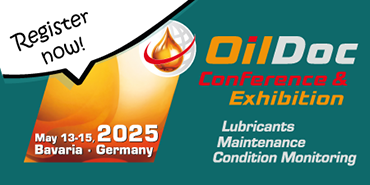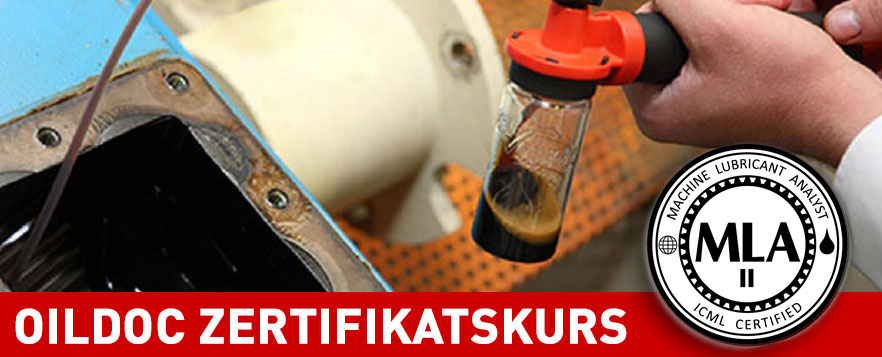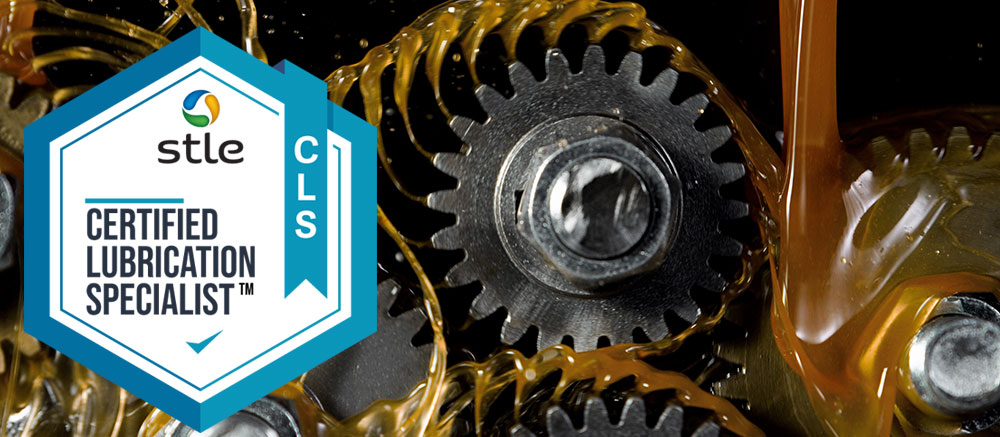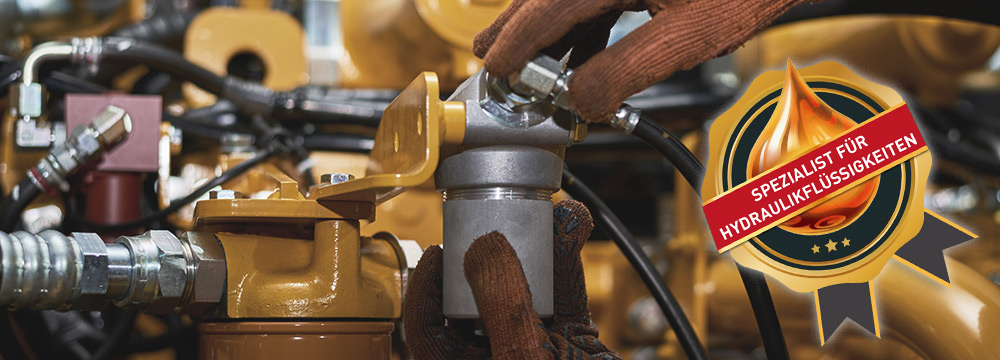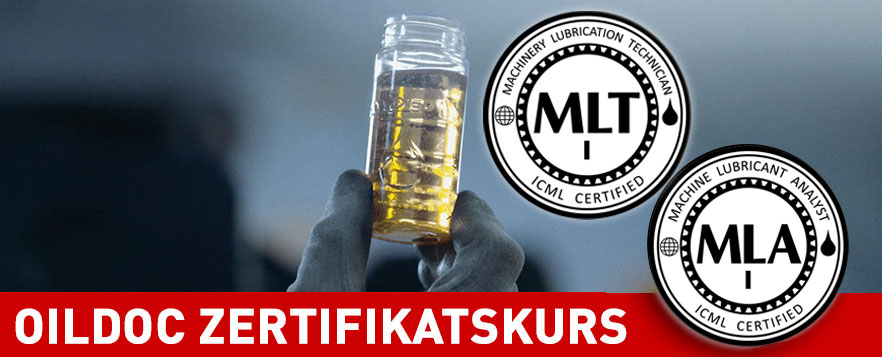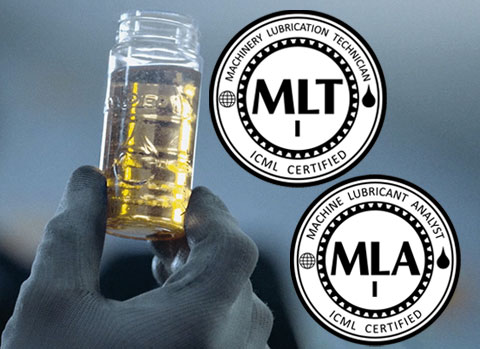Targeted exam preparation to become a ‘Certified Oil Analysis Specialist’ (MLA II)
This seminar prepares you specifically for the official examination to become a ‘Certified Oil Analysis Specialist’ (Machinery Lubrication Specialist – MLA) in accordance with ISO 18436-4. You will gain comprehensive knowledge of oil and grease analysis as a key tool for machine monitoring, maintenance and quality control.
Advantages of this seminar
- Targeted exam preparation for MLA certification in accordance with ISO 18436-4
- In-depth knowledge of lubricants – selection, use & environmental aspects
- Oil & grease analysis methods for monitoring & quality control
- Practice-orientated oil care & cleanliness requirements for maximum system reliability
- Customised expert knowledge for beginners & practitioners
Use this seminar to optimally prepare for the MLA test and at the same time expand your skills in lubricant analysis and monitoring – for more safety, efficiency and cost savings in your company.
Target Group
- Skilled employees, managers and executives working in the field of service and maintenance
- Technical sales consultants from lubricant and filter manufacturers and their sales partners
- Technical purchasers for lubricants and operating fluids
- Specialists from the service and sales departments of machine and component manufacturers
- Appraisors and surveyors for damage analysis and machine malfunction
- Specialists and managers from oil maintenance, oil monitoring and other areas who want to expand or update their technical knowledge of oil analysis.
The certification test
Participation in the official MLA II examination is of course voluntary.
If you wish, you can take an online test under supervision directly after the seminar on the premises of the OilDoc Academy. The organisation and implementation takes place via the ICML-Plattforum examity.
Here you will find instructions for candidates for the online test with supervision.
Please note:
If you wish to take the exam, you must register for the exam directly with the ICML at least two weeks before the exam date. The examination fee is not included in the seminar price!
Please also note the current ICML requirements for admission to the MLA II exam!

